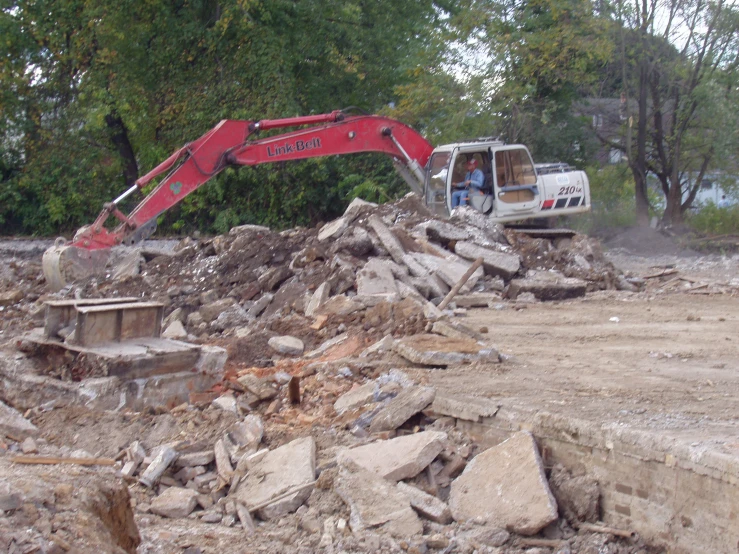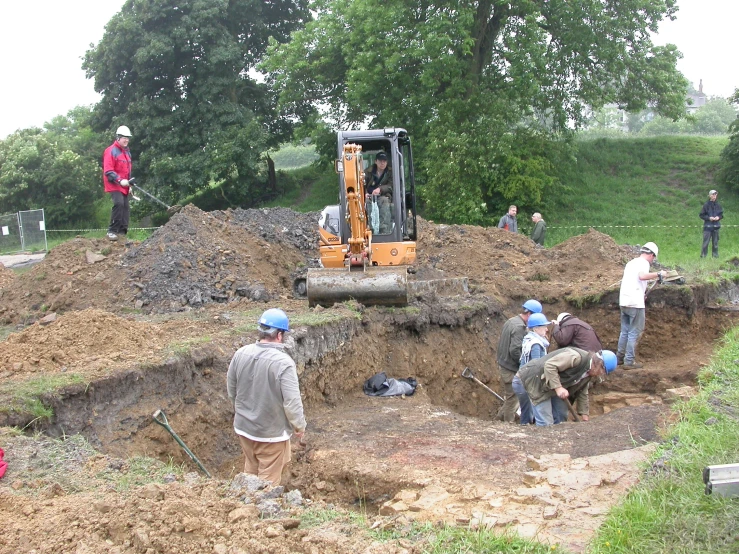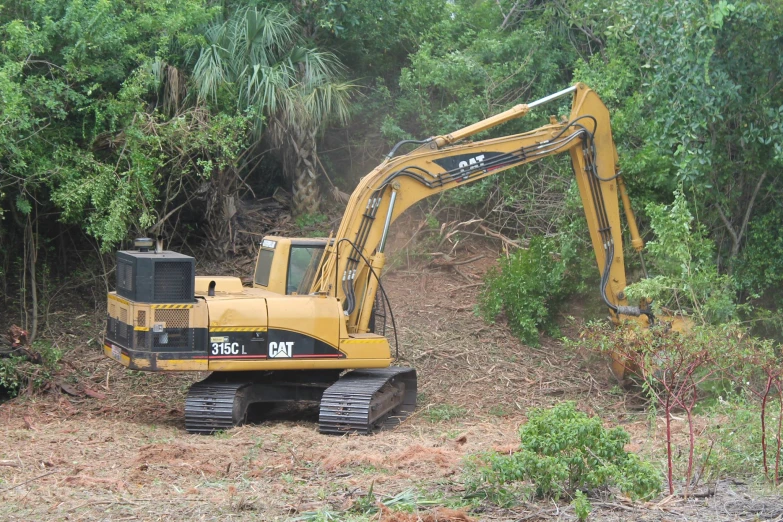1. Introduction
Excavators are indispensable machinery in the construction and building industry. Designed for efficient execution of earthmoving, demolition, and land preparation tasks, they play a crucial role in many projects. In this article, we will explore the types of excavators, their key features, applications, and how to choose the right equipment, helping readers understand the significance of excavators in construction.
2. Types of Excavators
Excavators come in various types, each with unique characteristics and applications.
2.1 Crawler Excavators
Crawler excavators are widely used due to their excellent stability and traction. They are suitable for heavy-duty tasks such as digging and filling.
2.2 Wheeled Excavators
Wheeled excavators offer greater flexibility, making them ideal for urban and confined space construction. They excel in mobility, allowing quick transitions between different job sites.
2.3 Mini Excavators
Mini excavators are compact and agile, making them perfect for small projects like residential construction and landscaping. Their ability to operate in tight spaces makes them popular among contractors.
2.4 Specialized Excavators
Specialized excavators (such as long-reach excavators) are designed for specific tasks, such as deep foundation digging or high-altitude work, catering to unique project requirements.

3. Key Features of Excavators
Understanding the key features of excavators helps in selecting the appropriate equipment.
3.1 Hydraulic System
The hydraulic system is the heart of an excavator, determining its operational efficiency and power. An efficient hydraulic system provides greater digging force and faster working speeds.
3.2 Attachments and Accessories
Excavators can be equipped with various attachments, such as buckets, grapples, and breakers, allowing them to perform different tasks and enhancing their versatility.
3.3 Operator Comfort and Safety Features
Modern excavators prioritize operator comfort, featuring ergonomically designed cabins and advanced safety systems to ensure safety and efficiency in demanding work environments.
4. Applications of Excavators in Construction
Excavators have a wide range of applications and are essential in construction projects.
4.1 Earthmoving
During the construction preparation phase, excavators are used for digging and filling earth, ensuring a stable foundation.
4.2 Demolition
Excavators play a vital role in demolition tasks, enabling quick and efficient dismantling of old structures, thus reducing project timelines.
4.3 Landscaping
In landscaping, excavators are used for grading and soil preparation, creating a conducive environment for plant growth.
4.4 Utility Installation
Excavators are crucial for utility installation, used for trenching and laying pipes, ensuring the smooth construction of infrastructure.

5. Benefits of Using Excavators
Using excavators offers numerous advantages, making them an ideal choice in the construction industry.
5.1 Increased Efficiency
Excavators can complete large volumes of earthmoving tasks quickly, significantly enhancing construction efficiency and reducing project duration.
5.2 Cost-Effectiveness
While the initial investment may be high, excavators achieve long-term savings through increased productivity and reduced labor costs.
5.3 Versatility
The variety of attachments allows excavators to adapt to different construction tasks, increasing the equipment’s utilization rate.
5.4 Enhanced Safety
Modern excavators come equipped with advanced safety systems that reduce the risk of workplace accidents, protecting the operator’s safety.
6. Choosing the Right Excavator
Selecting the appropriate excavator requires consideration of multiple factors to ensure it meets project needs.
6.1 Assessing Project Requirements
When choosing an excavator, it is important to assess the specific requirements of the project, including the type of work and site conditions.
6.2 Brand Recommendations
There are many reputable brands in the market, such as Caterpillar and Komatsu, which offer a variety of excavators worth considering.
6.3 New vs. Used Equipment
New machines typically offer better performance but come at a higher cost, whereas used machines are more affordable but require careful assessment of their maintenance history.

7. Maintenance and Care of Excavators
Regular maintenance and care are crucial for extending the lifespan of excavators.
7.1 Daily Maintenance Tips
Regularly checking hydraulic oil, engine oil, and filters ensures the equipment operates at optimal conditions.
7.2 Common Issues and Troubleshooting
Understanding common issues and their solutions helps in promptly addressing problems, preventing disruptions in construction timelines.
7.3 Extending Equipment Lifespan
Following manufacturer maintenance recommendations and scheduling regular professional inspections can effectively prolong the lifespan of excavators.
8. Future Trends of Excavators
With technological advancements, the future of excavators holds new possibilities.
8.1 Technological Advancements
The integration of artificial intelligence and automation technologies will enhance the efficiency and safety of excavators, reducing the need for manual labor.
8.2 Sustainability Initiatives
More manufacturers are introducing eco-friendly excavators that utilize low-emission and energy-efficient technologies, aligning with sustainability goals.
8.3 Market Growth Predictions
As global infrastructure development continues, the excavator market is expected to see new growth opportunities, becoming a vital equipment category in the industry.
Conclusion
Excavators play a critical role in the construction industry. Whether improving construction efficiency, reducing costs, or enhancing safety, excavators are the ideal choice for any building project. We hope this article helps readers better understand the applications and selection of excavators, providing valuable insights for future projects.


